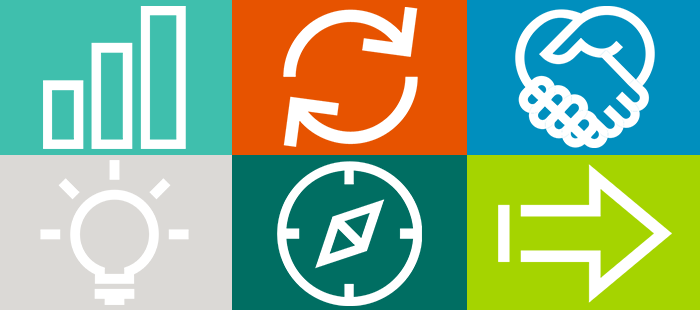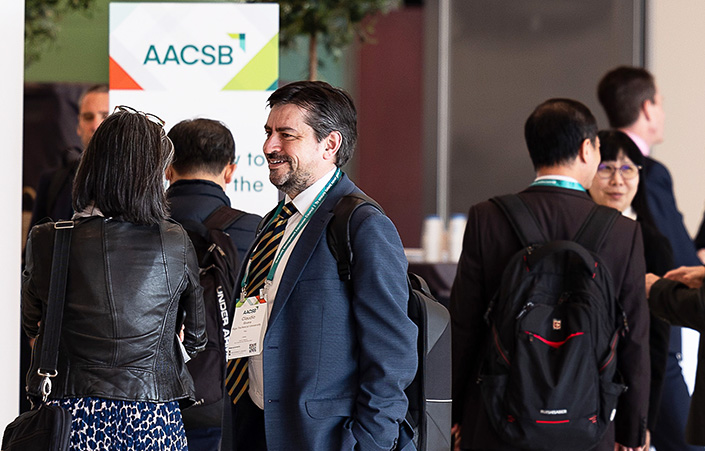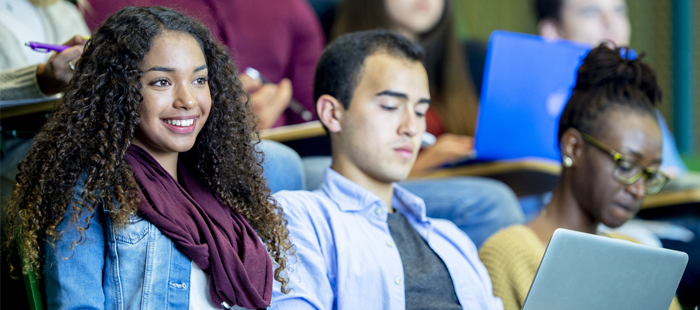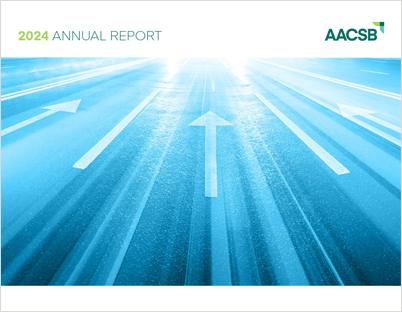Think. Act. Reflect.
When the full extent of the COVID-19 pandemic became clear, educators around the world had to revamp their courses to respond to a new reality facing both businesses and higher education. Just like the members of every other industry, we’ve had to disabuse ourselves of the idea that things would "get back to normal" in a few weeks. For global experiential learning programs, it means that students cannot travel abroad to work closely with and learn from innovative business leaders from different parts of the world, and they might not be able to do so for months to come.
This new reality has posed a challenge for the MIT Sloan School of Management's Global Entrepreneurship Lab (G-Lab), a 13-week on-campus course which includes an additional three weeks of onsite work. During G-Lab, MBA student teams help startups around the world scale their businesses. Our mantra within G-Lab has always been: Think. Act. Reflect. By continuously reflecting upon the work they do, students come away with a deeper understanding not only of the concepts they are learning, but of the impact they can have on the world. This is particularly important for graduate students who tend to be in their late 20s to early 30s with five to seven years of work history. They want their academic experience to be relevant to their lives even as they seek to give back in the real world.
In March 2020, just as the COVID-19 pandemic started to take hold across the globe, G-Lab was celebrating its 20th anniversary. For the past two decades, G-Lab students have traveled to more than 50 emerging and frontier markets to work on 643 projects with 482 startups. In each case, student teams navigated cultures and business practices different from their own as they helped entrepreneurs take on critical, real-world business challenges.
As we launch this year’s program, we know that many of our participating startups—once poised for growth—now need to focus on stabilizing their businesses. Drawing from our current context, G-Lab students will help entrepreneurs stabilize, pivot, and advance their businesses as they absorb the economic impact of COVID-19. The content of the course has shifted to include an examination of the economic, policy, and healthcare related impacts of COVID-19 in different geographies and industries. COVID-19 has caused local and global disruptions in finances, market share and supply chains; by learning about the broad impact of the virus, students will help participating companies adapt to these changes, and hopefully help them become more resilient to exogenous shocks in the future.
MIT G-Lab students recently worked with Kenyan startup Sunculture, which produces water pumps and irrigation systems that offer farmers a way to access both a steady supply of water for irrigation and a way to store energy to power lights and appliances. Students helped the startup develop a data-driven pricing strategy for its RainMaker2 solar irrigation system.
In a similar fashion, as faculty, we will also have to pivot and change focus. As a result, we have rethought every element of the course, designing an online learning experience that is relevant for both students and sponsoring host companies—one that stays true to our original intent of assisting students in learning about entrepreneurship within a specific cultural context while simultaneously helping entrepreneurs join and benefit from our larger MIT entrepreneurial ecosystem.
By learning about the broad impact of the virus, students will help participating companies become more resilient to exogenous shocks in the future.
Faculty have converted in-person content for virtual consumption, and they will augment their use of online platforms. Students will use collaboration tools to facilitate team engagement with each other, with their faculty mentors, and with their sponsoring host companies; they will learn to manage remote engagement and to use these tools to have a meaningful impact. One major change to the program is the inclusion of interdisciplinary teams—graduate students in engineering and public health along with those in urban affairs will be recruited to join the course. As for host companies, we will work with startups who have been effected by COVID-19. These companies will be grappling with a broad range of challenges including keeping workers safe. We have a whole university to draw from in terms of expert faculty and students.
With these changes, G-Lab will be open to an even wider number of students and faculty with specific expertise. Because we feel that this is an important issue, we are not putting an enrollment limit on this class. On the faculty side, we have commitment from experts throughout the university who are willing to assist and mentor students as they take on these challenges.
It's not just students who are benefiting from the Think-Act-Reflect Approach. As faculty, we have found that making time to reflect on our program delivery has helped us address other academic challenges. Here are lessons we have learned that we would like to share with other faculty:
Be intentional. With each new curricular experiment, faculty should ask themselves: What worked well and what are areas for improvement? What will they use from the experience to inform the next class or engagement? What will help them be more effective? How can they better communicate their message? How can they ask better questions that will help them elicit greater understanding? How effective were their interventions?
Leverage small meaningful improvements each day for big wins. This has been the fundamental underpinning of the quality movement for the past several decades, and it applies to educators as well. Learning interventions happen every day. We underappreciate the small changes, but it is through these that we gain new insight.
Boost engagement. As adult learning theorist Malcom Knowles describes, adult learners want to have a role in the planning and evaluation of their instruction. With this in mind, as classes transition from in-person to online instruction, we believe students will benefit from opportunities to reflect on and share their experiences. Such opportunities will help them become more self-directed and take greater responsibility for their own learning.
Evaluate constantly. At the conclusion of any course, faculty can use surveys and other assessment tools to help identify what worked well and what areas could be improved. They also can gather student feedback using informal channels—such as small dinners, coffees and online check-ins and chat sessions—especially when making improvements in virtual instruction. Faculty can then use a suitable tool to allow aggregated comments to be played back to the class, so the class can help determine how that feedback can be addressed. This allows students to play a constructive role in the course design, furthering their sense of ownership.
In the words of theorist Reg Revans, learning must be faster than the rate of change.
What worked yesterday might also work today, but it will eventually have to be adjusted for tomorrow. As educators, we all can use reflection as a tool to support faster and deeper learning and to help us move purposefully toward our next, more powerful intervention.





